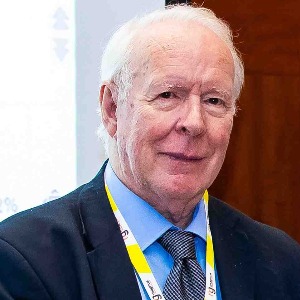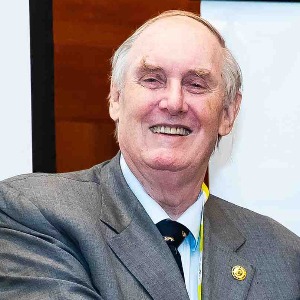Tooth Etiology and Epidemiology
Tooth etiology is the study of the cause and origin of teeth and their related conditions. It is an important component of dentistry and is used to understand the root cause of various dental problems. Epidemiology is the study of the occurrence, distribution, and determinants of diseases and other health-related conditions in defined populations. This information is used to plan and evaluate strategies to prevent and control the disease. The etiology of tooth decay is multi-factorial and can be attributed to the interaction of oral hygiene, diet, genetics, and microbial environment. Poor oral hygiene practices, inadequate or incorrect brushing, and infrequent flossing can all lead to a buildup of dental plaque. This plaque is made up of food debris, saliva, and bacteria that can produce acid and cause tooth decay. A diet high in refined sugars and starches can also contribute to tooth decay. Genetics also plays a role in tooth decay. Certain genetic mutations can make it difficult for the body to produce enough saliva, which can make it more difficult to wash away debris and bacteria from the teeth. Additionally, some people may be more prone to certain types of bacteria in their mouths that can cause tooth decay. The prevalence of tooth decay varies by age, sex, race, and region. Generally, tooth decay is more common among children, adolescents, and adults over the age of 65. In terms of sex, tooth decay is more common in boys than it is in girls. In terms of race, tooth decay is more common among Native Americans, African-Americans, and Hispanics than it is among Caucasians. The most effective way of preventing tooth decay is good oral hygiene practices, such as brushing and flossing at least twice a day. Additionally, avoiding a diet high in refined sugars and starches can help reduce the risk of tooth decay. Regular dental checkups are also important for detecting and treating tooth decay early.

David Geoffrey Gillam
Queen Mary University of London, United Kingdom
Christopher Turner
Spacemark Dental, United Kingdom




Title : Evaluating hygienist follow up for head and neck oncology patients in secondary care: Results from a two cycle audit
Peter Basta, Newcastle Dental Hospital, United Kingdom
Title : Atypical facial pain unravelled
Christopher Turner, Spacemark Dental, United Kingdom
Title : New treatment of temporomandibular disorder through muscle balance and muscle regeneration by activation of quiescent muscle stem cells( satellite cells) with mitochondrial dynamics
Ki Ji Lee, National Reserach Foundation & Busan Medical University, Korea, Republic of
Title : MRONJ and ORN: Referral or management in primary care? Navigating guidelines in the context of long waiting lists
Alisha Sagar, NHS England, United Kingdom
Title : Managing the unexpected: An Insight into supernumerary teeth
Bahar Gharooni Dowrani, Guy's and St Thomas' NHS Foundation Trust, United Kingdom
Title : Laxative prescribing for post operative head and neck cancer patients at Derriford Hospital
Pui Sze Kylie Li, Cardiff and Vale University Health Board, United Kingdom